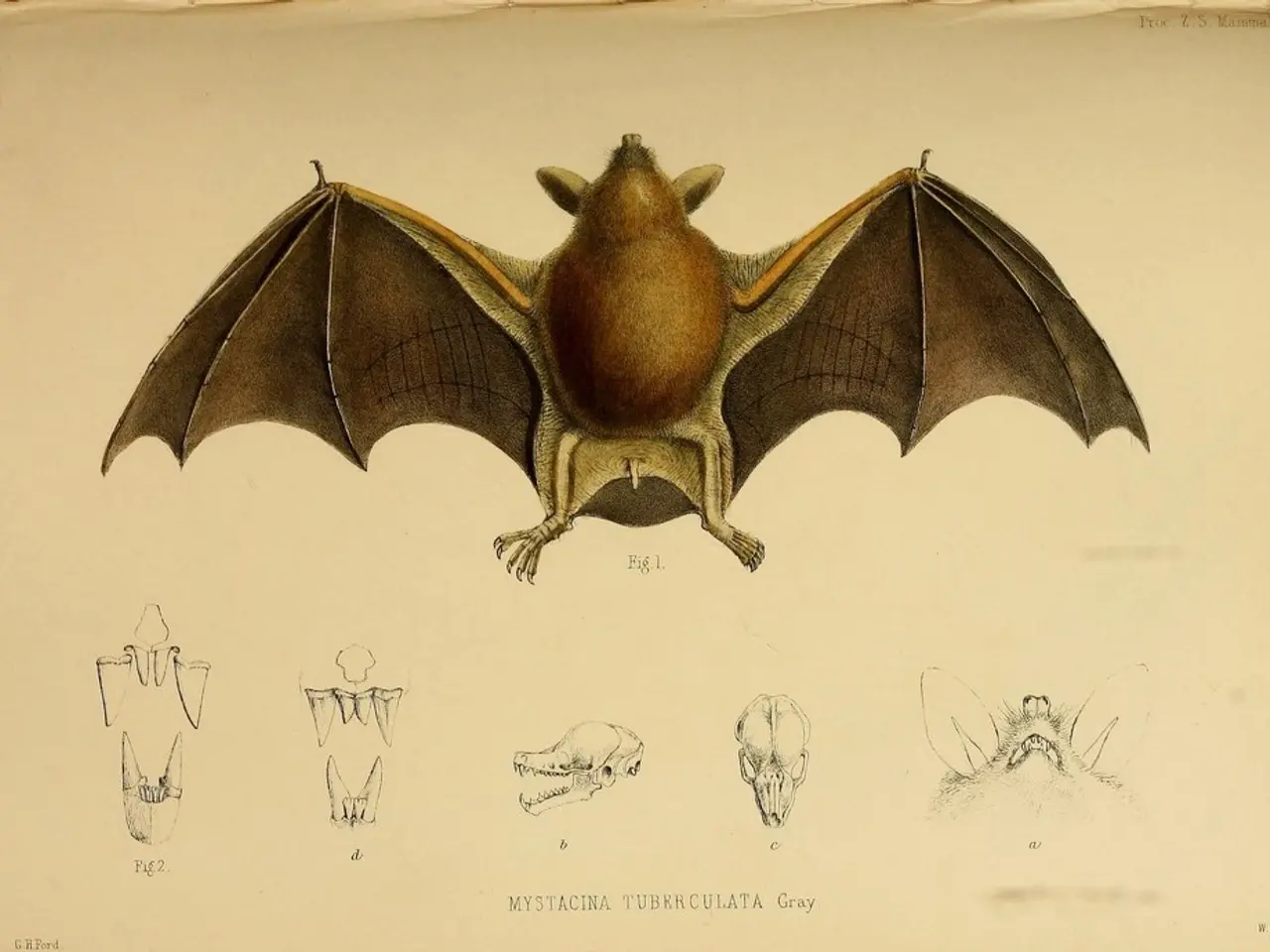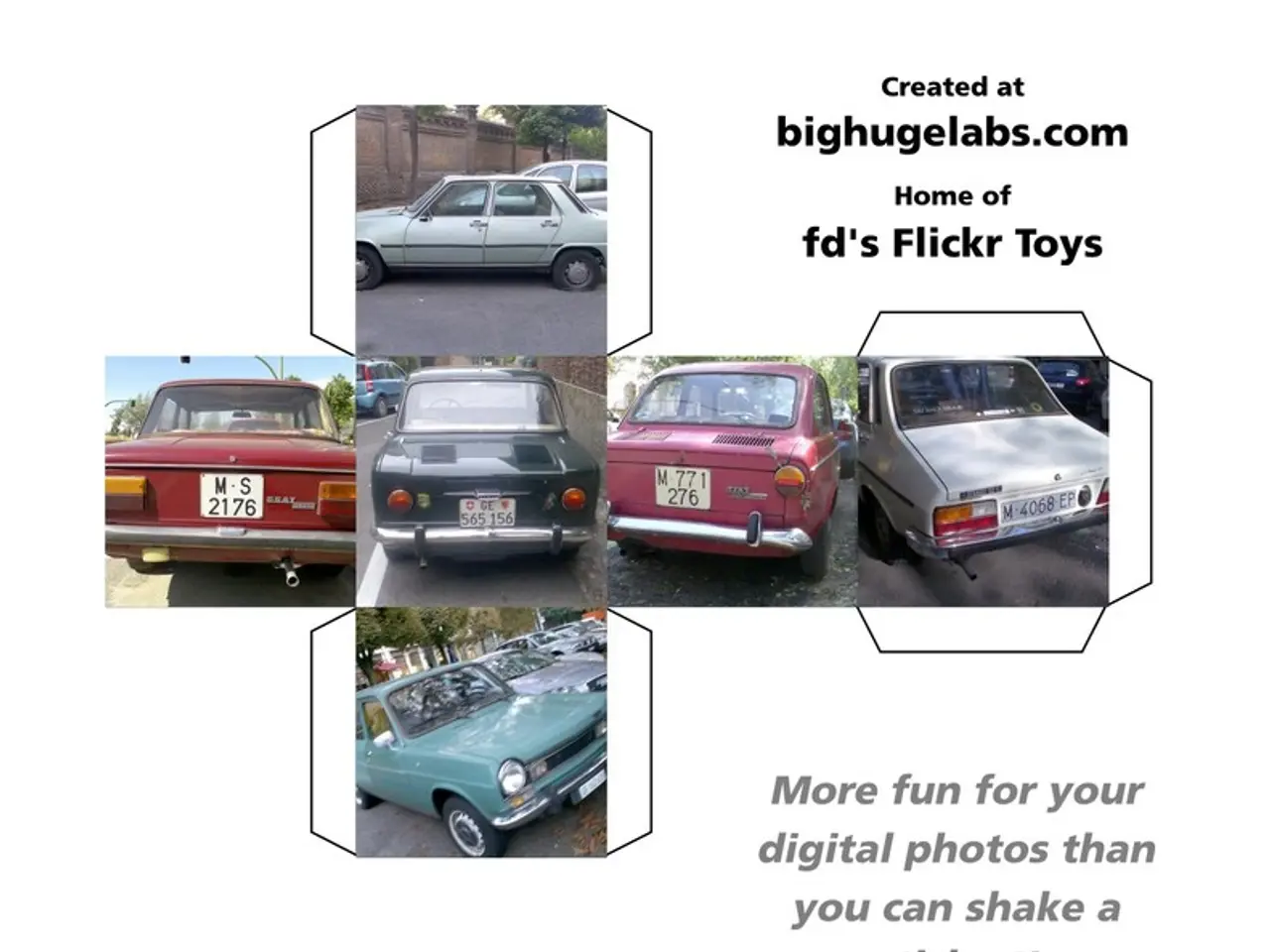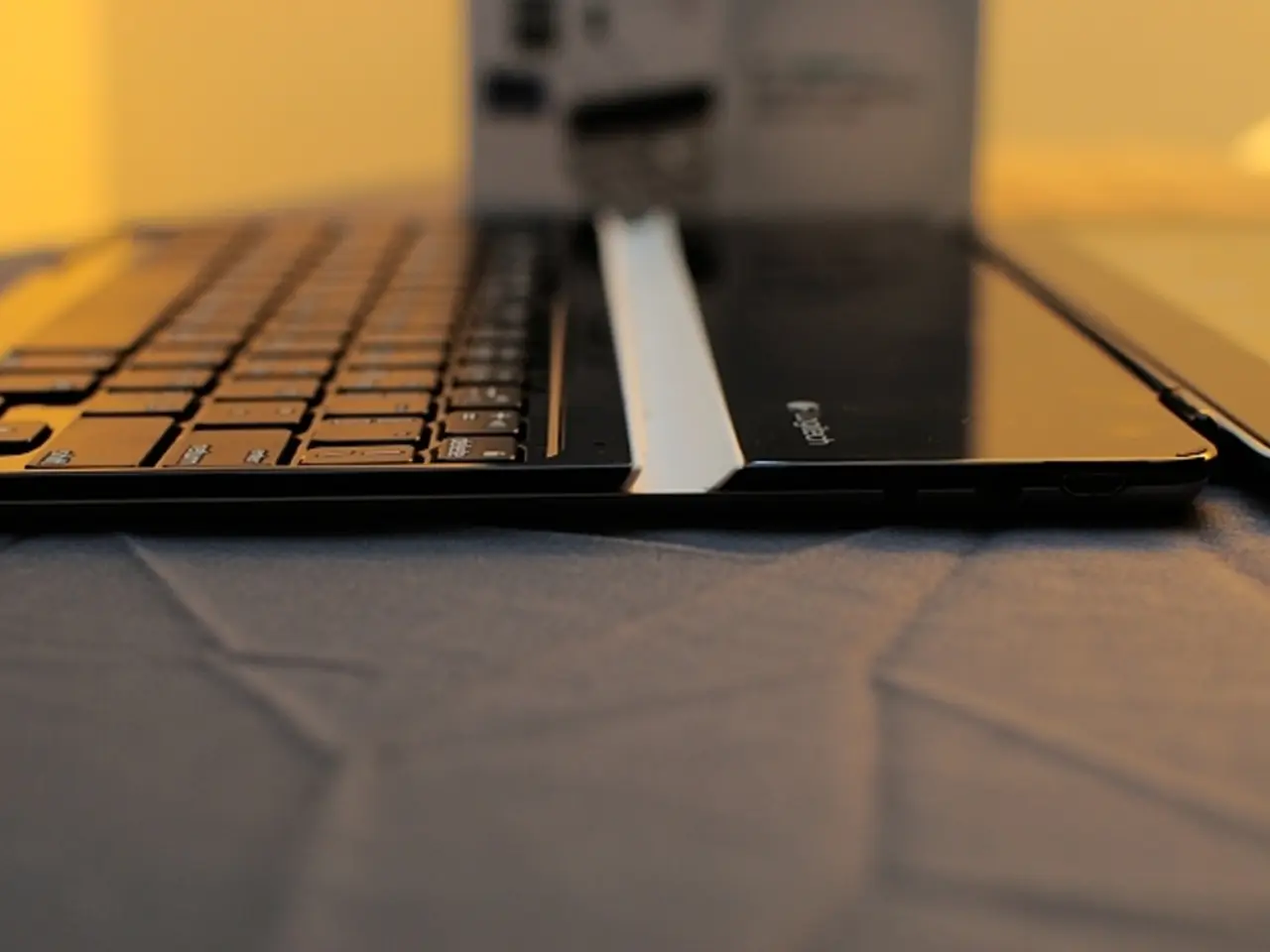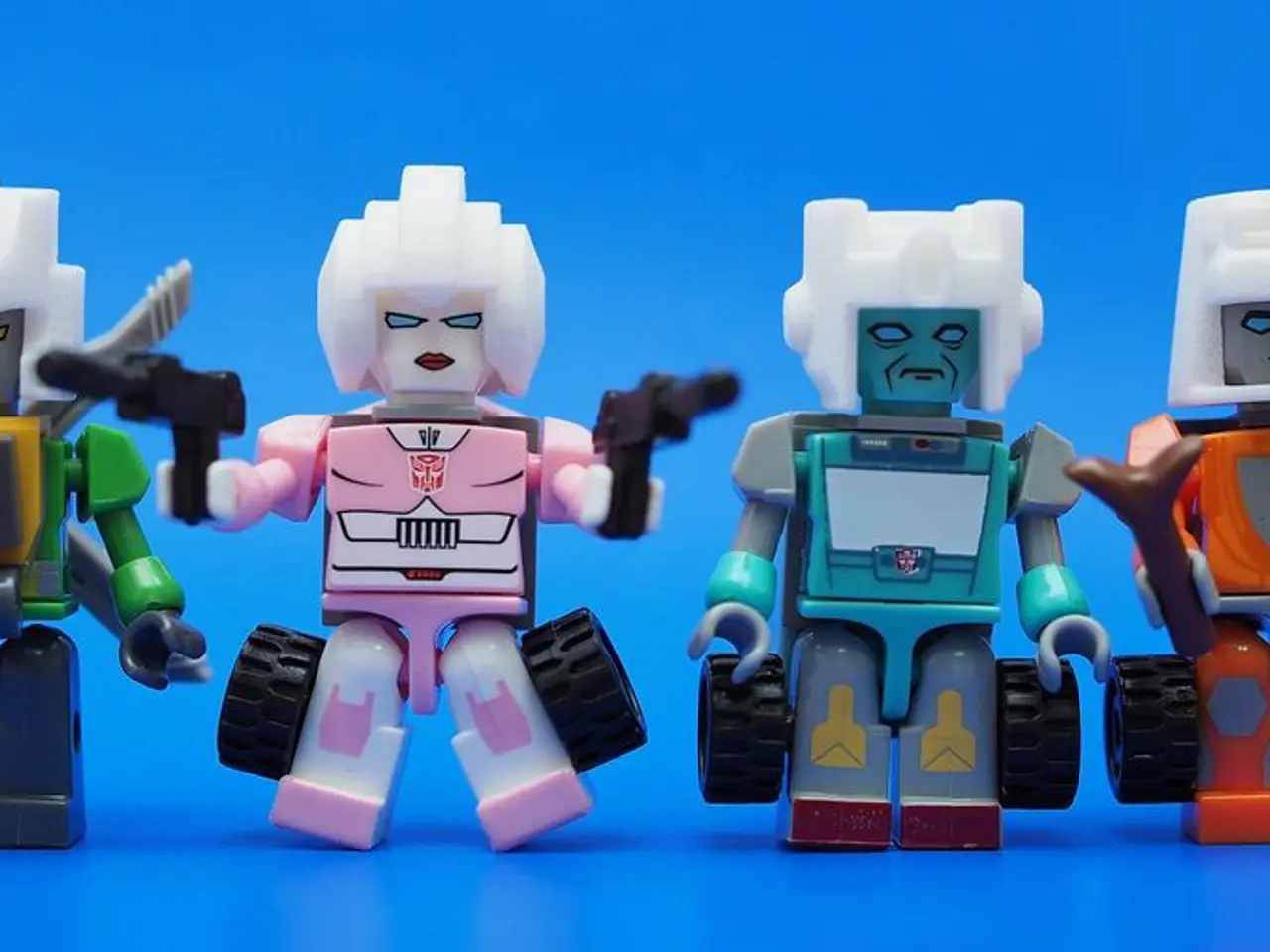Nio Introduces Hybrid 75kWh Ternary-LFP Battery, Offering Cost-Effective Longer Range
In a significant move towards sustainable energy solutions, Nio has introduced a new ternary lithium-iron battery with a capacity of 75 kilowatt-hours. This innovative battery pack, the world's first dual system power estimation, boasts ten patents and patent applications, marking a significant leap in the realm of electric vehicle (EV) technology.
The new battery offers advantages over traditional lithium iron phosphate (LFP) batteries, particularly in terms of energy density and driving range. While LFP batteries are renowned for their safety and longevity, ternary lithium batteries, which typically include nickel, manganese, and cobalt, provide higher energy density, enabling longer driving ranges on a single charge.
The issue of cobalt, a key concern in traditional lithium NMC (nickel-manganese-cobalt) batteries due to cost, ethical sourcing, and environmental impact, is addressed by Nio’s ternary lithium-iron battery. By optimising the battery chemistry, the company has managed to reduce cobalt content or replace it partially, while maintaining performance characteristics. This approach helps mitigate the price volatility and supply chain risks associated with cobalt, while still providing the desirable energy density benefits typical of ternary batteries.
The new battery pack, which uses a mixed arrangement of ternary lithium and lithium iron phosphate batteries, has an energy density of 142wh/kg. This is a significant improvement compared to LFP batteries, which lack cobalt but also have lower energy density. In comparison to cobalt-heavy NMC batteries, such a battery balances the trade-offs between energy density, cost, and ethical considerations better than traditional LFP batteries.
In the first year of service, the battery attenuation of the new ternary lithium-iron battery pack will be slightly higher than the original ternary lithium 70kwh battery pack, but in medium and long-term use, the attenuation degree of the two batteries is the same. The state of charge estimation system of Nio's ternary lithium-iron battery pack reduces SOC estimation error to less than 3%.
Moreover, the low-temperature performance of the new Nio battery has been improved by 25% compared to the LFP battery pack. The new insulation design of the ternary lithium-iron battery pack minimises the low-temperature endurance loss by 25%. As a result, the endurance of the 2020 es8 with the new battery is 450km, and that of the 2020 ec6 performance version is 465km.
The new battery applies the new generation CTP (cell to pack) technology, ensuring efficient battery production and integration. Nio, in collaboration with its supplier CATL, has developed this hybrid solution for almost a year, trying to combine the advantages of both ternary lithium and LFP batteries.
Amidst the growing competition among Chinese new energy vehicle startups, Nio is the only one on track for 2025 EV sales targets, according to the mid-year report. The Onvo L90 full-size SUV's price will start under 41,870 USD in China, further solidifying Nio's position in the market.
In a notable development, Nio has also released a new ternary lithium iron battery (75kwh) with the third-gen Nio ES8 crossover set to launch in autumn at Nio Day 2025. This move underscores Nio's commitment to innovation and sustainability in the EV industry.
The new ternary lithium-iron battery pack introduced by Nio, in collaboration with CATL, not only enhances the driving range of electric vehicles due to its higher energy density compared to LFP batteries, but also addresses ethical concerns related to cobalt in traditional NMC batteries by reducing the cobalt content.
In the sports realm, Nio's innovative battery technology could potentially translate to increased endurance for electric vehicles, as evidenced by the impressive 450km endurance of the 2020 es8, a significant leap forward in the race towards sustainable electric vehicles.




